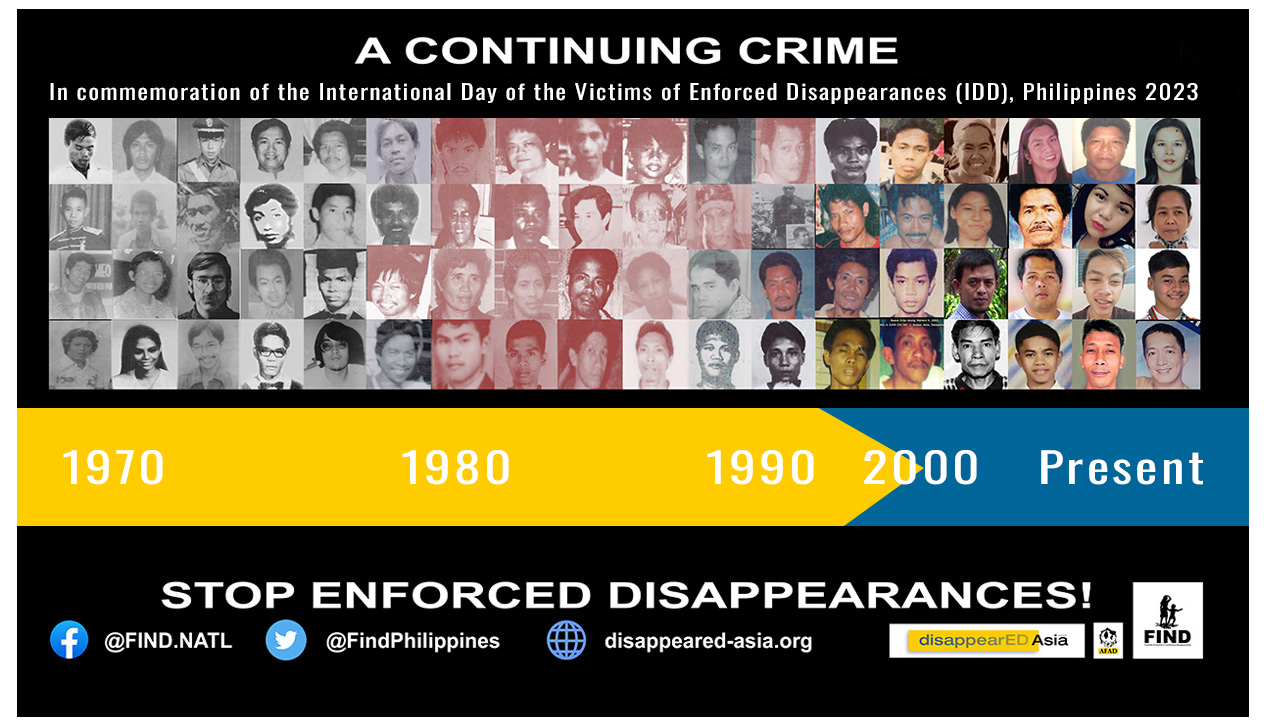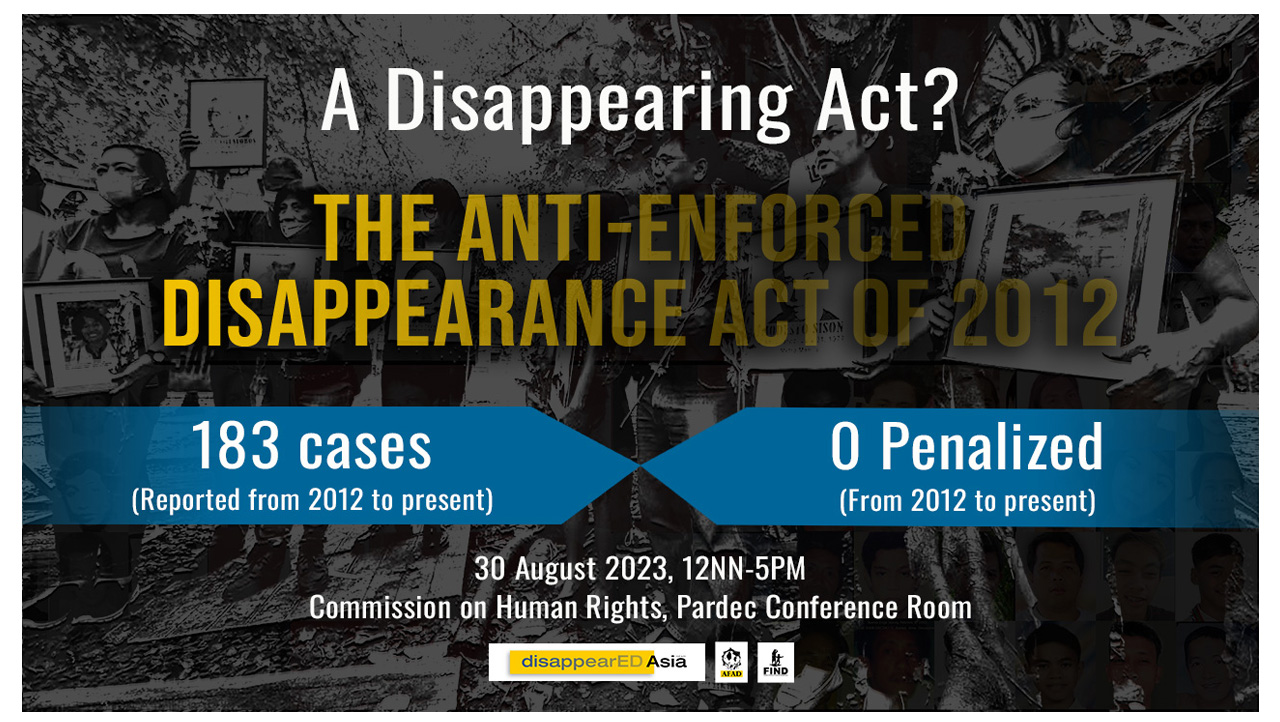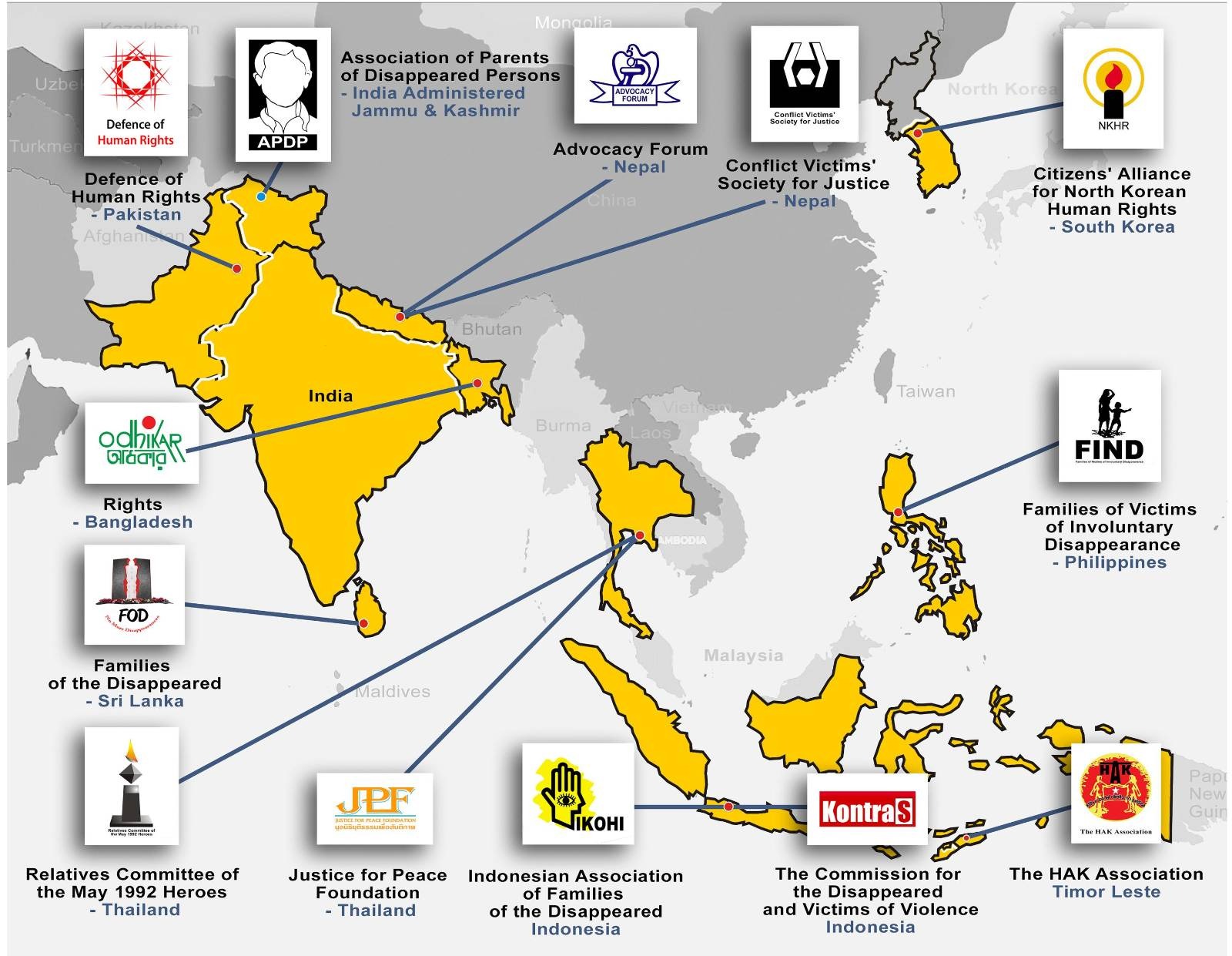What's Happening
eBook: From Grief to Courage: Best Practices in Advocating Legislation Against Enforced Disappearances
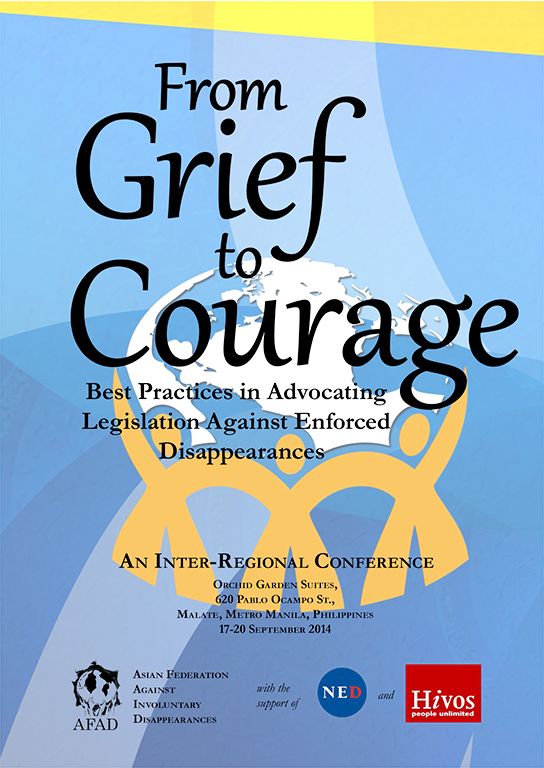
“From Grief to Courage,” this fifth book of the Asian Federation Against Involuntary Disappearances (AFAD) is launched on the occasion of AFAD’s 17th year as a Federation. A product of the conference on “Best Practices in Advocating Legislation Against Enforced Disappearances,” the book chronicles best practices in many of the countries represented in the conference, which went beyond advocating for legislation against enforced disappearances.
The book attempts to share the results of AFAD’s solidarity work at its best. It highlights the strength of the responses of the international community to the global phenomenon of enforced disappearances and the hard-earned fruits that have come to some realization in some regions and which we strive to replicate in our continent, where disappearances continue and where truth and justice remain elusive.
Every best practice is a concrete manifestation of the struggle of memory against forgetting. The evil of enforced disappearance is being equally responded to by the formidable strength of the families of the disappeared, whose role in the fight against this abominable crime is central. Hand in hand with the families is the indispensable support of civil society, as enforced disappearance is a social crime.
Book Launch: From GRIEF to COURAGE
The book "From GRIEF to COURAGE" was launched July 24, 2015 at the Justitia Room, Ateneo Law School, Rockwell Center, Makati, Metro Manila
Video Presentation
https://www.youtube.com/watch?v=AXxmEUaQBDM
Photos
Statement: June 4, 1989 Tiananmen Square Massacre
The Asian Federation Against Involuntary Disappearances (AFAD) In Memory of the Courage of the Chinese People Who Sacrificed Their Lives at Tiananmen Square
June 4, 2015 - In solidarity with all freedom-loving peoples of the world, we are peacefully fighting against repression and impunity. Humanity born to freedom is alert to repel invasion of liberty by power-hungry rulers.
The gruesome massacre, which the Chinese people calls the June Fourth Movement, or the June Fourth Massacre, or Liu-Si Tucheng is a blatant reminder that people cannot be forever prisoners of their own conscience in the struggle for truth, justice and freedom. The Tiananmen Square uprising conjures the image of a lone anonymous person or the Tank Man, who courageously stood before a column of tanks preventing their advance to further annihilate the dissidents.
Twenty-six years after the June 4th gruesome crackdown against protesters mainly led by university students and intellectuals at Tiananmen (literally means, Gate of Heavenly Peace) Square, basic human rights and freedoms are still obscured by state authoritarianism. In China, people caught talking about the macabre dispersal, are thrown into jail to suffer hard labor.
2015 International Week of the Disappeared Statement of ICAED

May 25-29, 2015
Every last week of May, we commemorate the International Week of the Disappeared (IWD), a painful reminder that thousands of families still await information on the fate of their loved ones who have disappeared and thousands of disappeared persons are waiting to be freed from the unknown prisons where they are kept. The IWD was incepted by the Latin American Federation of Associations for Relatives of Disappeared-Detainees (FEDEFAM), which, in turn, was adopted by families of the disappeared across the world.
The International Coalition Against Enforced Disappearances (ICAED) and its 53 member-organisations campaign for the universal ratification and implementation of the International Convention for the Protection of All Persons from Enforced Disappearance (ICPED), the recognition of the competence of the UN Committee on Enforced Disappearances and the enactment of domestic laws criminalizing enforced disappearances. It is the most emblematic way to pay tribute to the disappeared and their families.

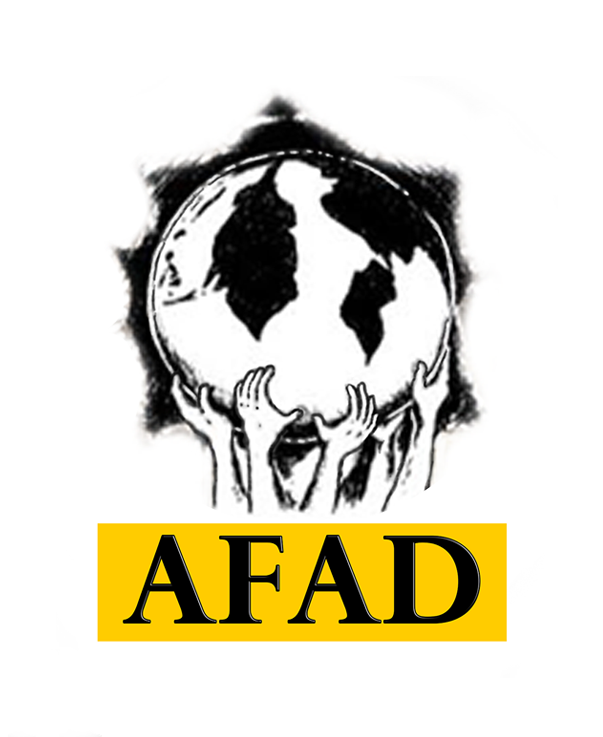 Asian Federation Against
Asian Federation Against 